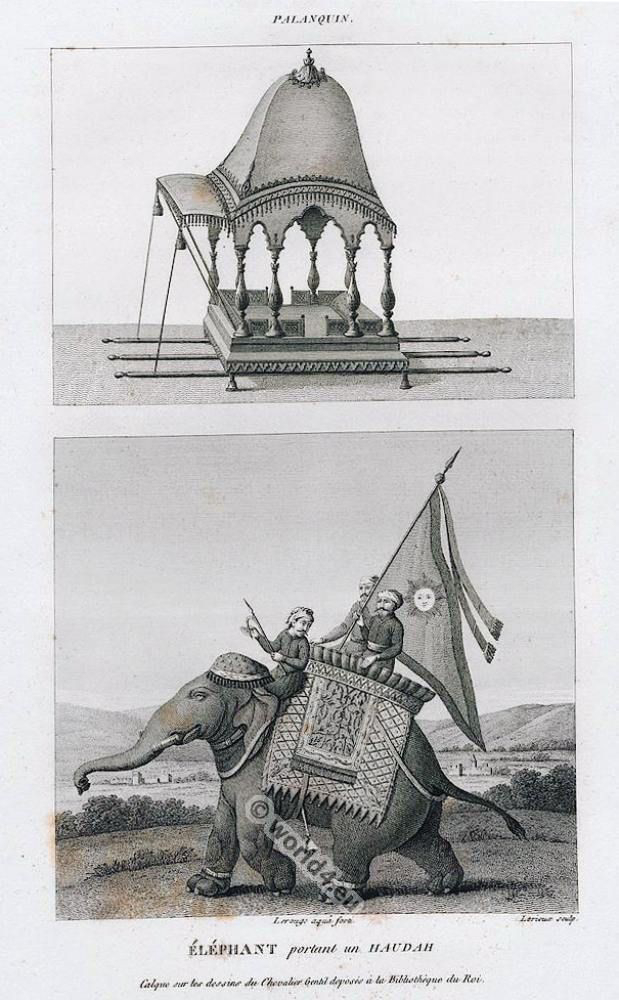Religious intolerance: The Mughal emperors were Muslim, and they often persecuted Hindus, Sikhs, and other religious minorities. For example, the emperor Aurangzeb (r. 1658-1707) imposed a tax on non-Muslims and destroyed Hindu temples.
Heavy taxation: The Mughal state relied heavily on revenue from land taxes, which were often high and burdensome for peasants. This could lead to widespread poverty and social unrest.
Slavery: The Mughal Empire was heavily dependent on slave labor, particularly in the form of African slaves who were brought to South Asia via the trans-Saharan and Indian Ocean slave trades. This practice was abolished by the British colonial authorities in the 19th century.
Gender inequality: The Mughal Empire was a patriarchal society, and women were often confined to domestic roles and denied education and other opportunities. The practice of purdah, or seclusion of women, was common among the elite.
It's important to note, however, that these practices were not unique to the Mughal Empire and were typical of many pre-modern societies around the world. Additionally, the Mughal Empire was also characterized by many positive developments, such as the arts, architecture, and literature, as well as innovations in science and technology.







No comments:
Post a Comment